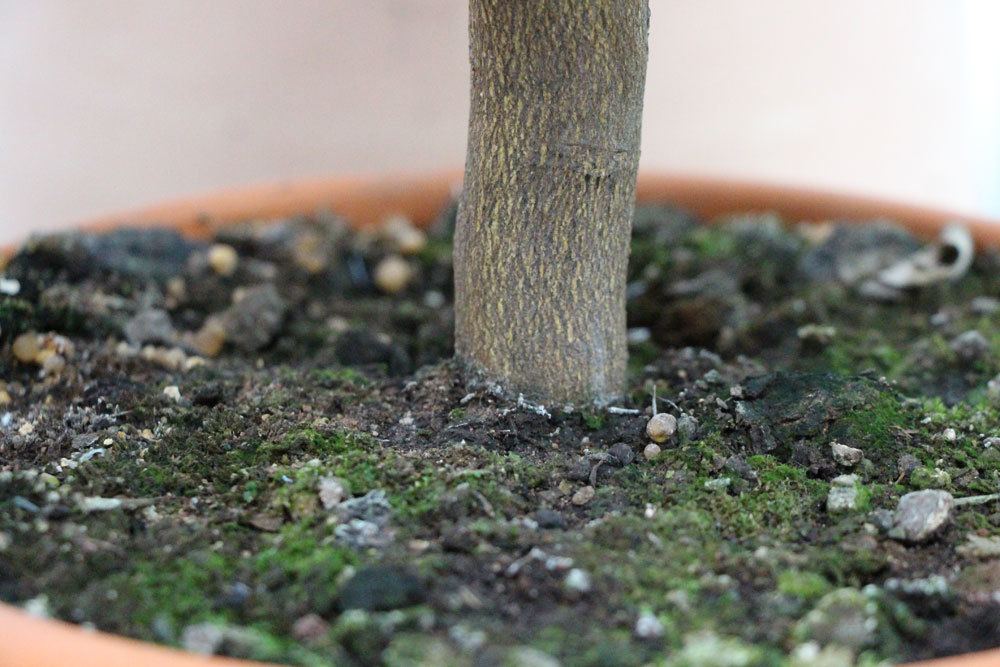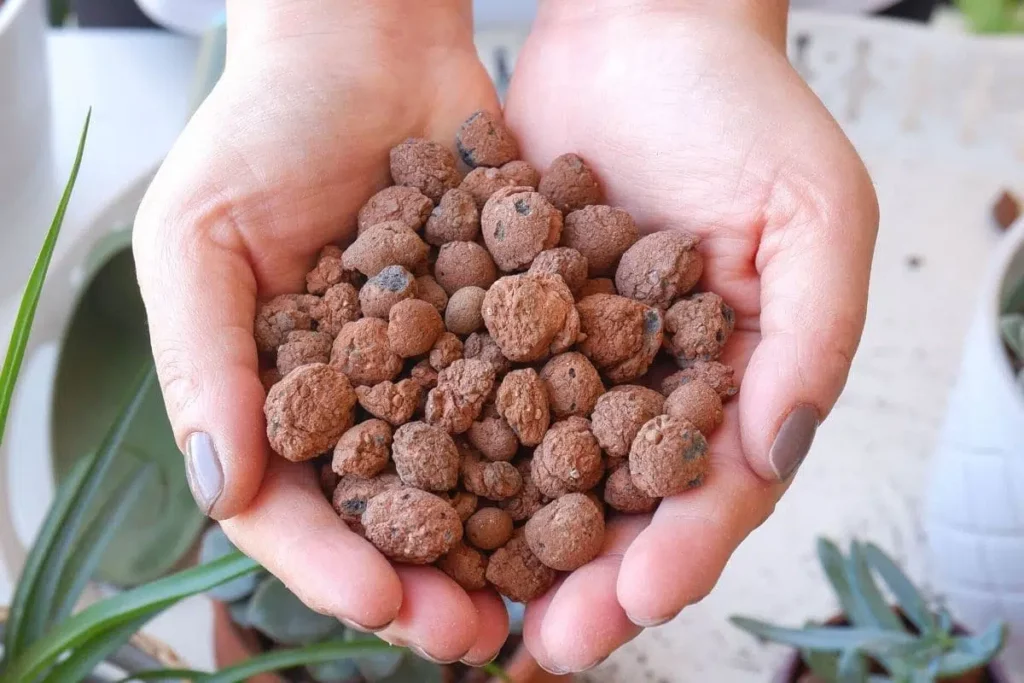If you want to cultivate a lemon tree, you need to, among other things, properly select the soil. But which substrate is ideal and what must be the composition? Our guide shows it.
- Drainage is necessary
- Permeability is crucial
- Mixture can be prepared by the customer
- Nutrients must be balanced
- Substrates can also be purchased ready-made
Contents
Permeability
An important factor in the soil for the lemon tree is the permeability of the substrate. This is because the Mediterranean plant does not tolerate waterlogging. Therefore, the following points are important:
- loose texture
- moderate water retention
- safe drainage of the water
Water storage and drainage
Even though the lemon tree does not tolerate waterlogging, it still needs moisture in the soil to be as constant as possible. Favorable for this purpose are, for example:
- Expanded clay
- humus garden soil
- coconut fiber
- sand
- clay shards
These store the water and release it delayed, so that no liquid is accumulated, but it is still present.
Even if the substrate has been correctly composed, drainage should still be placed at the bottom of the planter. This also prevents waterlogging and thus reduces the risk of rotting roots and moldy citrus soil.
The drainage layer can consist of the following materials:
- coarse gravel
- pebbles
- ceramic or clay shards
- Sand
Tip: Another advantage of drainage is that the soil does not leak out of the planter. In addition, the drainage is slowed down but ensured.
Composition
For the lemon tree, the mixture of soil must have a certain composition. These are:
- humus substrate
- mature compost
- peat
These substances are thoroughly mixed with each other, each in equal parts. The roots can then spread well and provide themselves with water as well as nutrients.

The simple solution
The simplest solution, and especially ideal when no garden and compost is not available, is ready special soil. This special soil for lemon trees can now be purchased in almost any hardware store and garden center.
Note: Citrus soil is also suitable for oranges and kumquat or tangerines. Drainage is still required.
pH value
Just as lemons are acidic, so should the soil for your lemon tree. A pH of 5.5 to 6.5 is ideal.
If the plant does not thrive despite otherwise consistent conditions, an appropriate test can be performed to determine the value. The addition of lemon peel helps to acidify. Mineral additions, on the other hand, are alkalizing.
Frequently asked questions
How often to repot the lemon tree?
A rough guide is to completely change the lemon soil every two to three years. If the roots are already growing out of the drainage holes of the pot or if a delay in growth is noticeable, repotting can be done more frequently.
Why is repotting important?
When cultivated in a container, only a small amount of the substrate is available to the lemon tree. This means that nutrients are flushed out comparatively quickly, even with accompanying fertilization, and only small amounts are available anyway. It is then spoken of used soil. An appropriate change is therefore necessary.
Does the substrate play a role in the yield?
Yes, the nature of the substrate plays a decisive role in the yield. Nutrients, moisture and permeability are important factors, as is the pH value.


